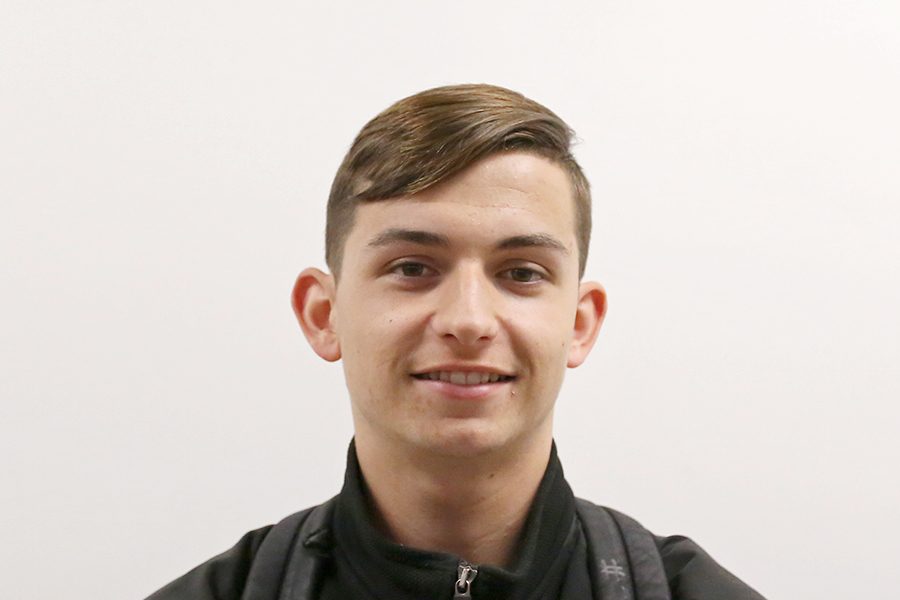Privilege is skin deep, culture is key to love
Nov 5, 2016
Race has been one of the most talked about and controversial news topics in America since 2009 and the killings of Oscar Grant and Trayvon Martin, which brought race inequality to mainstream media.
Being a 19-year-old, with very light skin and hair, who was born in America to Mexican parents is an odd situation. While not being fully accepted by my peers who are also Latino because of my skin color, I was more respected by white people because they simply did not know my race because of the color of my skin.
At the beginning of my teenage years I was confused and wished that I looked like my Mexican peers. After some years of maturing and having a better understanding of racial conflicts, I began to accept my not-so-common situation.
I began to use my so- called “White Card” to my advantage by avoiding speaking Spanish in predominately white crowds. I did that because I noticed when I spoke Spanish, many people in public would look at me or treat me differently.
In my understanding, many people use their racial card when they have been offended, hurt or simply just annoyed when somebody makes a remark about a certain ethnicity.
However, my racial card is different from my ethnic peers. My relatives are for the most part brown skinned with dark hair. But I am very light skinned with light golden brown hair.
I can understand the racial concerns of minorities because I am a minority and because I have lived through the same struggles.
But when out in public, complete strangers treat me nice because of the color of my skin — not because I am a nice guy raised from hard-working Mexican immigrants, but only because I look like what society wants me to look like.
Living in a society where people are defined by their looks is tough for non-whites (mostly in Latino, Middle Eastern and African-American communities).
Being in my situation can be awkward. In one moment there is peace and comfort, then in the next moment my cousin (who has dark skin) is being searched by the police.
When one of your peers (of color) or family members is being harassed for their looks and you are there watching them have their rights violated, a terrifying and awkward feeling is created.
It is terrifying because you see how uneducated and ignorant people can be. Also, you see how society perceives people of color in a degrading or negative way.
This is awkward because you see the discrimination happen while being the same race as the people being discriminated against.
The options are either to stand up for your people and suffer the discriminatory consequences or be silenced by society’s opinion and allow these actions to continue.
Having to live in disguise and using a “White Card” to survive and hide from social injustices or discrimination is almost like living in a lie.
Not feeling completely accepted by any race because the color of my skin does not match my culture is frustrating.
But it also allows me to have another perspective on society and life. Because of my upbringing, and appearance, I have learned many lessons in terms of racial equality.
There is no inferior or superior race. We are all people first. Because of my experiences I can tell when people are acting with ignorance.
My knowledge and understanding of society has been enhanced because of my appearance and use of the “White Card.”
Efrain Valdez is an advocate staff member. Contact him at [email protected].



